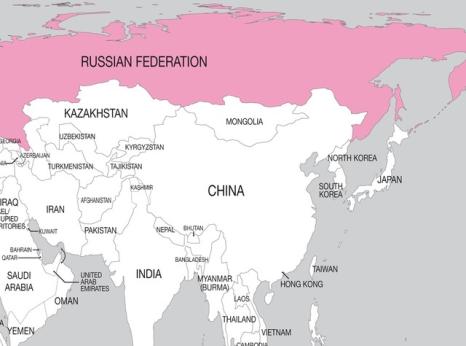Russia: Crimean Human Rights Lawyers Disbarred

The human rights situation has been deteriorating in Crimea ever since its occupation and unlawful annexation by Russia in 2014. Noticeable further worsening occurred since the beginning of the full-scale Russian invasion of Ukraine on 24 February 2022. This has included severe reprisals against those who have attempted to exercise the rights to freedom of expression, peaceful assembly and association, including civic activists, independent journalists, individuals with pro-Ukrainian views and members of faith-based groups, amongst others. Prominent members and activists of the Crimean Tatar community in particular, which the de facto authorities have always regarded as disloyal to Russia as the occupying power, have borne the brunt of ongoing reprisals.
The Mejlis of the Crimean Tatar People, a self-governing organisation that had played a leading role in promoting Crimean Tatar culture, identity, and traditions, was arbitrarily banned under Russian anti-extremist legislation in 2016. Its leaders and activists have either been exiled or prosecuted and imprisoned. Also facing the same persecution are activists from grassroots movements that emerged subsequently in an attempt to protect members of the Crimean Tatar community against further reprisals. Many of these have been arrested under unfounded terrorism-related charges and imprisoned in Russia following unfair trials by military courts.
Earlier this month, Russian law enforcement agencies detained six Crimean Tatar men on allegations of membership of Hizb-ut Tahrir, a religious movement banned in Russia (but not in Ukraine) as “terrorist”, following at least 82 such arrests in previous years that resulted in convictions of between 10 and 20 years.
To represent victims of politically motivated prosecution in Crimea, local lawyers have had to demonstrate particular courage despite facing constant reprisals themselves, including unlawful searches, arbitrary arrests, hefty fines and jail in the form of “administrative detention” and constant threat of disbarment.
Following the occupation and illegal annexation of Crimea, Russia imported wholesale its laws into the peninsula, which is in itself a violation of international humanitarian law governing occupation. As a result, local lawyers were no longer formally recognized as members of the legal profession and had to seek membership of bar associations in Russia in order to enable them to represent clients in criminal proceedings and in courts in Crimea. A bar association was also instituted in Crimea, under Russian law. However, several human rights lawyers have been prevented from becoming its members. Both Rustem Kyamilev and Lilya Gemedzhi have requested that their membership be transferred to the Crimean Bar Association, but the latter has repeatedly failed to consider their request on flimsy grounds, such as restrictions imposed in connection with the Covid-19 pandemic (in Russia and occupied Crimea, such restrictions and related penalties were often applied selectively, to restrict government critics and opponents).